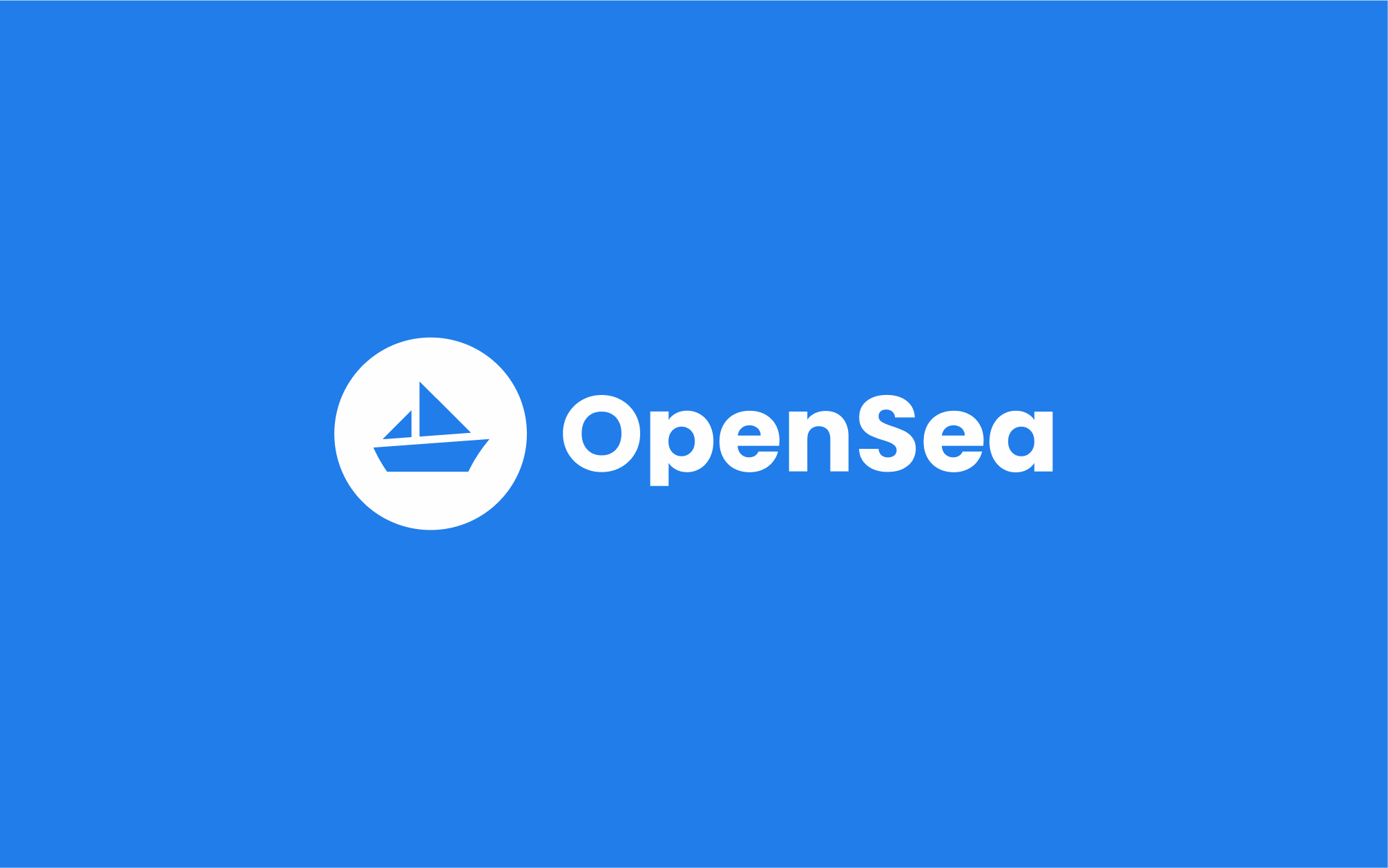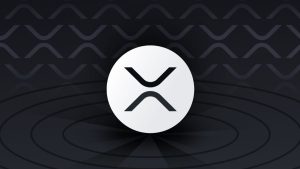- OpenSea reportedly registered OpenSea Foundation in the Cayman Islands, a key step for potential token issuance preparation.
- Cayman Islands’ legal framework offers flexibility for token issuance and decentralized projects like DAOs, attracting OpenSea’s interest.
OpenSea, a key NFT marketplace, appears to be making strategic decisions with far-reaching ramifications for its future. Recent sources indicate that on August 20, 2024, the company registered OpenSea Foundation in the Cayman Islands.
Given the Cayman Islands’ reputation for an adaptable legal system fit for token issuing, this event has spurred conjecture regarding the possible release of an OpenSea token. For decentralized projects like Decentralized Autonomous Organizations (DAOs), this jurisdiction permits the creation of foundation corporations capable of functioning without official ownership.
.@Opensea Foundation https://t.co/iH6kH21WFn pic.twitter.com/LWGqF46kBC
— Mike Dudas (@mdudas) December 13, 2024
OpenSea 2.0 Aims to Redefine NFT Trading with Bitcoin Support and Rewards
OpenSea, despite its well-known presence in the NFT space, has been behind rivals like Blur and MagicEden, both of whom have been released. An OpenSea coin might be a means of recovering market share and building a competitive edge. Still, it’s not only the prospect of a token release that draws interest.
As we previously reported, this December the marketplace also plans to introduce a completely redesigned platform called “OpenSea 2.0.” CEO Devin Finzer asserts that the platform has undergone a comprehensive redesign to foster creativity and improve the user experience.
Among the various fascinating aspects of the forthcoming OpenSea 2.0 is support for Bitcoin Ordinals, which will allow trade of collections based on Bitcoin.
The site also intends to include leaderboards and special incentives for holders of its Gemesis NFTs, therefore introducing a rewards system for its users. These developments show OpenSea’s attempt to increase user involvement and match changing market needs.
Industry watchers have also hypothesized that OpenSea might be creating its own Ethereum layer-2 chain to improve transaction speeds and cut fees. If such is the case, as Uniswap’s acceptance of layer-2 solutions suggests, this would follow a more general industry trend.






















